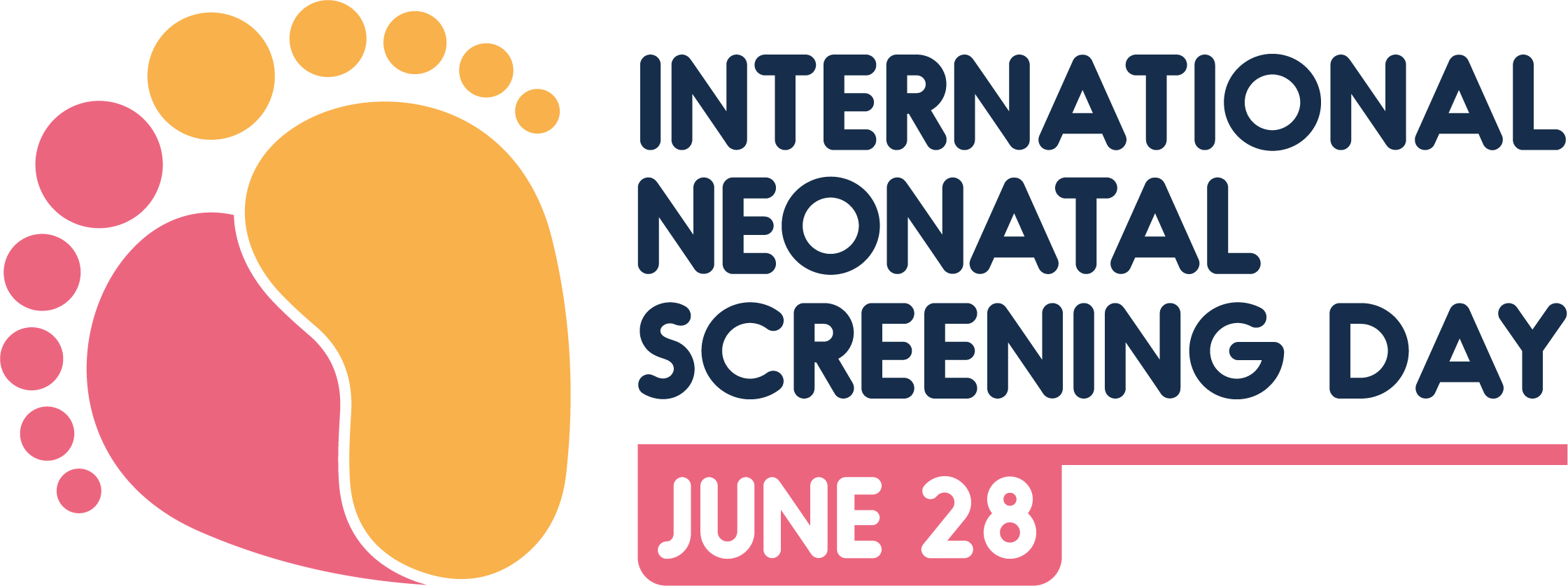The International Neonatal Screening Day is a collaborative effort between the European Society for Immunodeficiencies (ESID), the International Patient Organisation for Primary Immunodeficiencies (IPOPI) and the International Society for Neonatal Screening (ISNS). These organisations have joined forces through Screen4Rare, a multi-stakeholder initiative aimed at highlighting the significance of neonatal screening for newborns.
The group’s ultimate objective is, through policy engagement, to work towards ensuring that all babies can have equitable access to newborn screening; a life-saving tool for certain conditions.
FOUNDING PARTNERS
The European Society for immunodeficiencies (ESID) is a non for profit association that was created in 1994. ESID has been striving to improve the knowledge in the field of Primary Immunodeficiency (PID) by encouraging research, developing educational programs and fostering cooperation among all those involved in the diagnosis, treatment and management of these diseases.
The International Patient Organisation for Primary Immunodeficiencies (IPOPI) is the association of national patient organisations dedicated to improving awareness, access to early diagnosis and optimal treatments for primary immunodeficiency (PID) patients worldwide. IPOPI acts as the global advocate of the PID patient community in all relevant policy, legislative and regulatory matters. IPOPI supports and represents numerous national member organisations in all world regions.
The International Society for Neonatal Screening (ISNS) seeks to promote the early asymptomatic detection of serious disorders of childhood by neonatal screening leading to life changing treatment. The 500 members of ISNS are predominantly scientists and doctors drawn from more than 70 countries around the world who are involved in the design and delivery of neonatal screening programmes. It supports a range of activities including symposia, publication of peer reviewed science and the dissemination of information and guidelines designed to develop and enhance neonatal screening and ensure the best possible outcome for children with rare disease.






